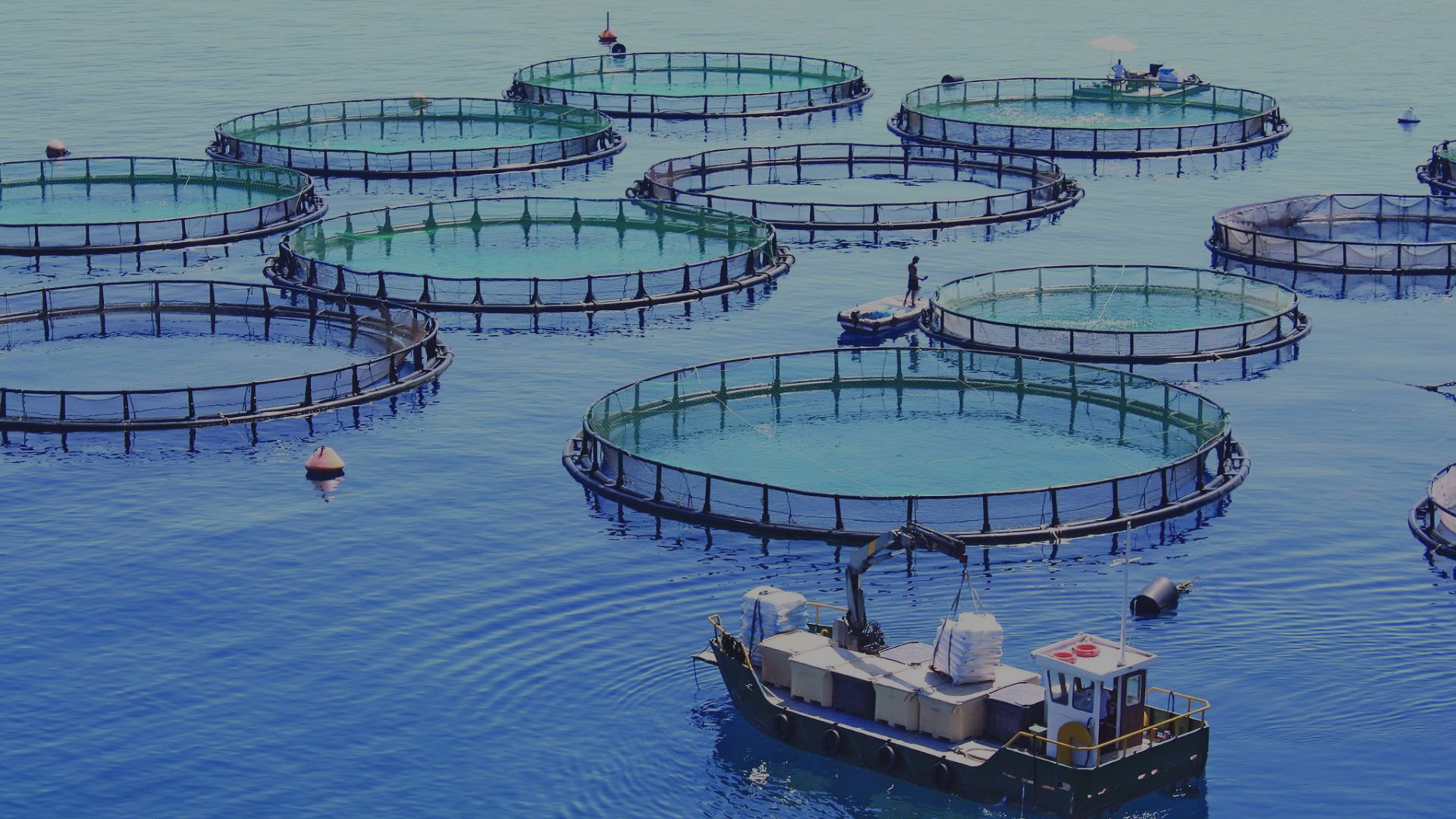
Tuna Season: An Export in Malta and the Benefits of Consuming Local Produce
July 3, 2024

Keeping Things Contained: Creating a Circular Economy
July 2, 2024
Wanted: Emotional Intelligence
July 3, 2024Malta's tuna industry plays a pivotal role in the nation's economy, with the tuna season being a highly anticipated period each year.
This industry not only supports the livelihoods of local fishermen but also positions Malta as a significant player in the global seafood market. Understanding the dynamics of the tuna season and the benefits of consuming local produce highlights the importance of this industry to both the local and international community.
The tuna season in Malta typically spans from May to July, aligning with the migratory patterns of bluefin tuna in the Mediterranean. During this period, local fishermen employ traditional and sustainable fishing methods, such as purse seining and longlining, ensuring the capture of mature tuna while minimising the impact on juvenile populations.
Regulatory measures are strictly enforced to promote sustainable fishing practices. These include quotas set by the International Commission for the Conservation of Atlantic Tunas (ICCAT) and national regulations that monitor fishing activities to prevent overfishing. This adherence to sustainable practices ensures the long-term viability of tuna populations, maintaining the balance of marine ecosystems and securing future fishing seasons.
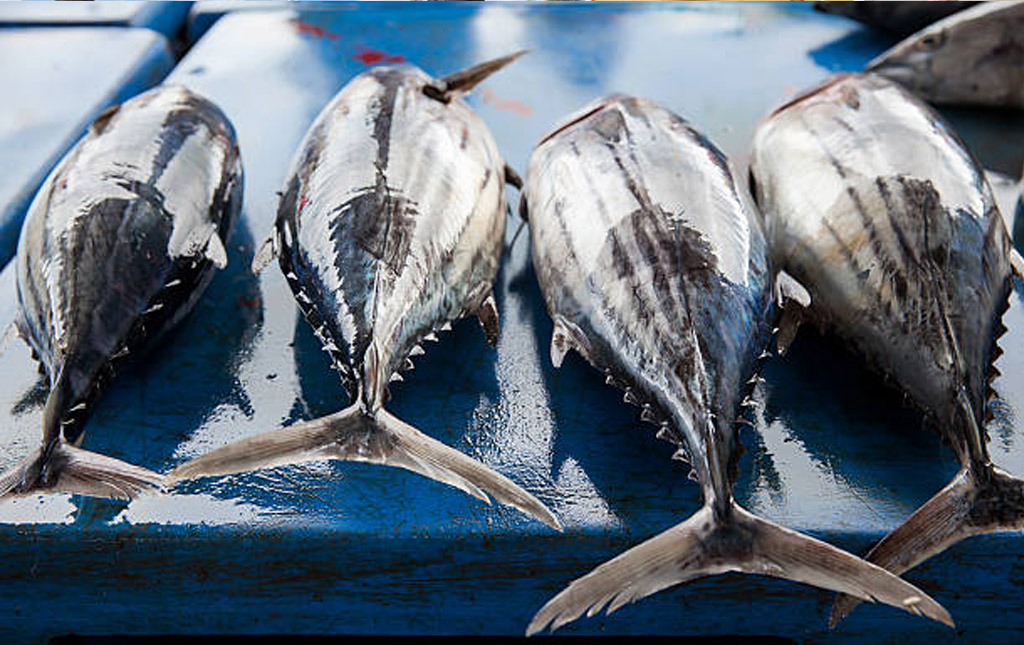
Malta's tuna is highly prized in international markets, particularly in Japan, which is one of the largest importers of Maltese bluefin tuna. The quality and sustainability of Maltese tuna have cemented its reputation globally, making it a sought-after product in high-end sushi and sashimi markets.
The export of tuna significantly contributes to Malta's economy, generating substantial revenue and providing numerous jobs within the fishing and processing industries. However, the export process is not without its challenges. Stringent international regulations, competition from other tuna-producing countries, and logistical issues can pose obstacles to seamless trade. Nonetheless, Malta's commitment to quality and sustainability helps it maintain a competitive edge in the global market.
Opting for local tuna offers several advantages, primarily in terms of freshness and nutritional value. Locally sourced tuna reaches consumers much faster than imported alternatives, preserving its rich taste and high levels of omega-3 fatty acids, which are essential for heart health. Supporting local fishermen by purchasing Maltese tuna helps sustain the local economy. It ensures that the fishing community thrives, preserving traditional fishing practices and cultural heritage. Moreover, buying local reduces the carbon footprint associated with long-distance transportation, promoting environmentally friendly consumption habits.
The environmental benefits extend to the sustainability of fishing practices. Local fishermen often engage in more responsible fishing methods due to direct regulatory oversight and a vested interest in maintaining fish populations for future seasons. This local focus on sustainability contrasts with the practices in larger, industrialised fisheries that may prioritise quantity over ecological balance.
The export of tuna significantly contributes to Malta's economy, generating substantial revenue and providing numerous jobs within the fishing and processing industries. However, the export process is not without its challenges. Stringent international regulations, competition from other tuna-producing countries, and logistical issues can pose obstacles to seamless trade. Nonetheless, Malta's commitment to quality and sustainability helps it maintain a competitive edge in the global market.
Opting for local tuna offers several advantages, primarily in terms of freshness and nutritional value. Locally sourced tuna reaches consumers much faster than imported alternatives, preserving its rich taste and high levels of omega-3 fatty acids, which are essential for heart health. Supporting local fishermen by purchasing Maltese tuna helps sustain the local economy. It ensures that the fishing community thrives, preserving traditional fishing practices and cultural heritage. Moreover, buying local reduces the carbon footprint associated with long-distance transportation, promoting environmentally friendly consumption habits.
The environmental benefits extend to the sustainability of fishing practices. Local fishermen often engage in more responsible fishing methods due to direct regulatory oversight and a vested interest in maintaining fish populations for future seasons. This local focus on sustainability contrasts with the practices in larger, industrialised fisheries that may prioritise quantity over ecological balance.
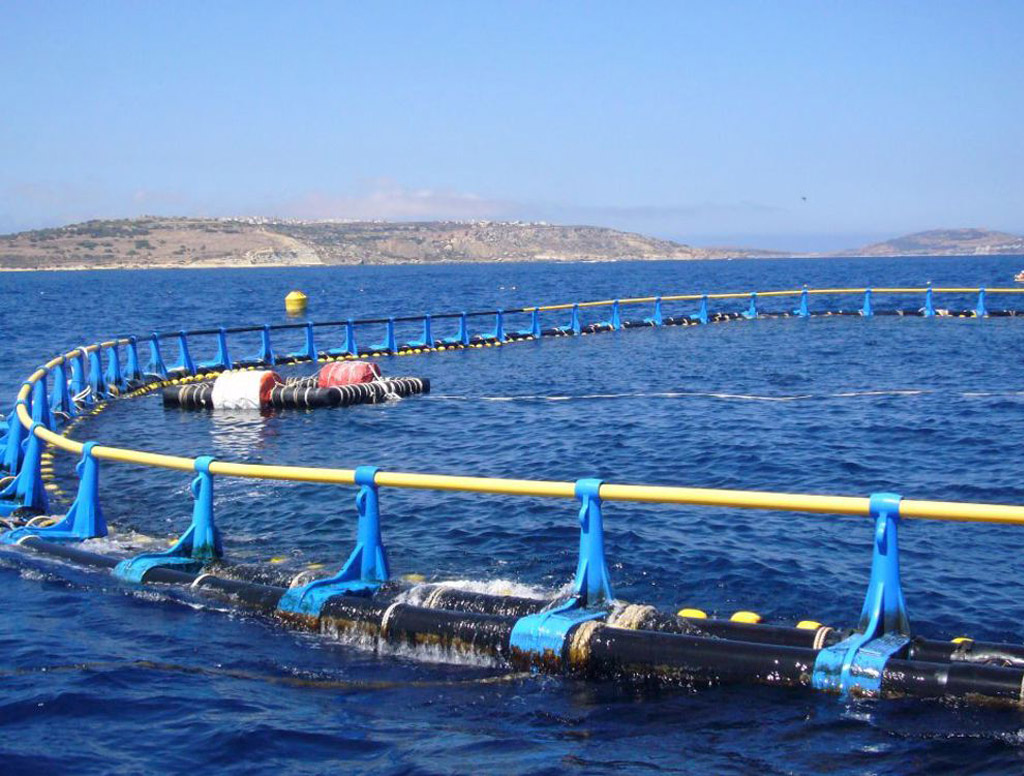
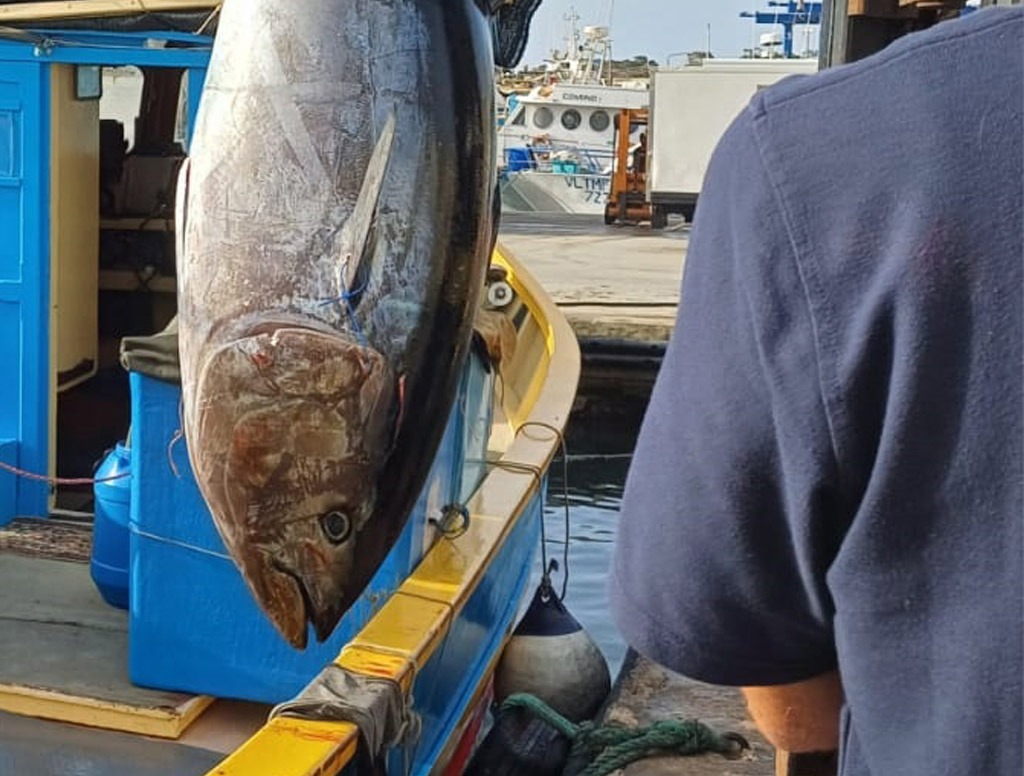
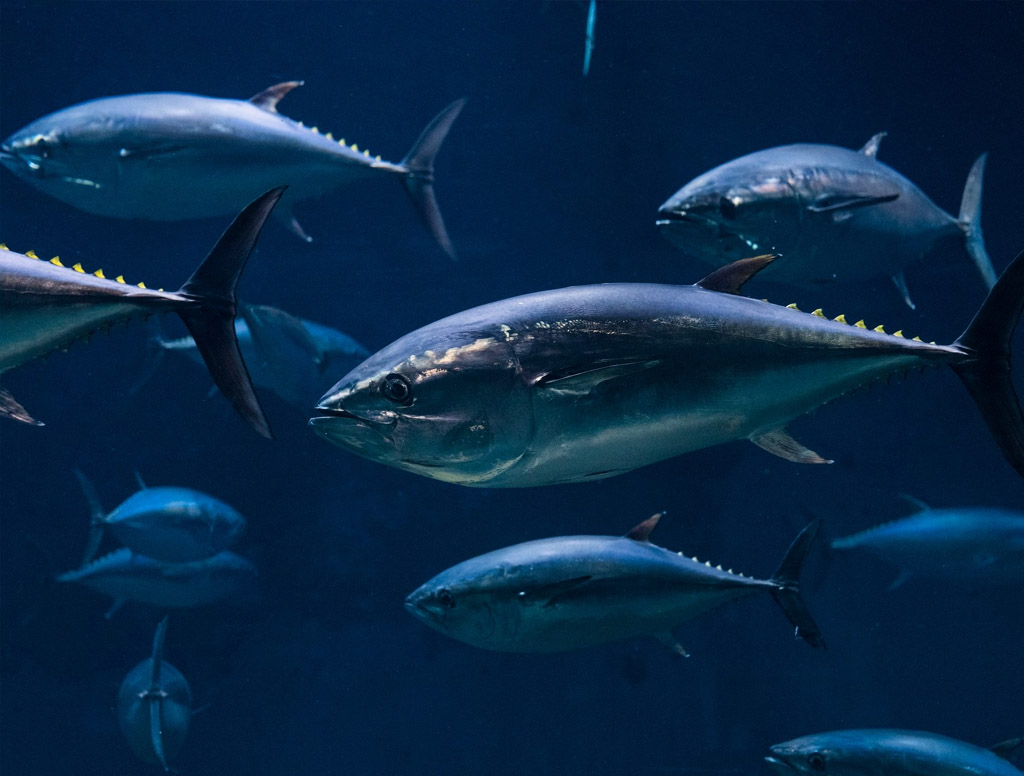
Additionally, consuming local produce fosters a connection to Maltese culinary traditions. Tuna is a staple in many local dishes, and enjoying fresh, locally caught tuna allows for an authentic gastronomic experience that reflects Malta's rich maritime culture.
The tuna industry is a cornerstone of Malta's economy and cultural heritage, with the tuna season bringing significant economic and environmental benefits. By choosing to consume local produce, individuals can enjoy fresher, more nutritious food, support the local economy, and contribute to sustainable fishing practices.
Embracing local tuna not only benefits personal health but also promotes a healthier planet and a thriving community.
The tuna industry is a cornerstone of Malta's economy and cultural heritage, with the tuna season bringing significant economic and environmental benefits. By choosing to consume local produce, individuals can enjoy fresher, more nutritious food, support the local economy, and contribute to sustainable fishing practices.
Embracing local tuna not only benefits personal health but also promotes a healthier planet and a thriving community.



